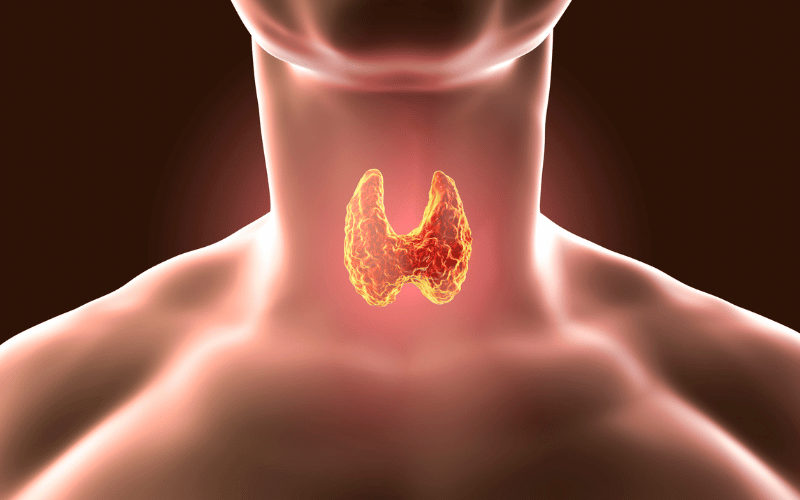Introduction: Unveiling the Spectrum of Thyroid Storm Symptoms
A thyroid storm is a formidable foe in the realm of health conditions, marked by an onslaught of symptoms that can wreak havoc on every inch of your well-being. This storm is not a drizzle but a deluge, with each symptom manifesting rapidly and with intensity that can overwhelm the strongest of individuals.

In this deep dive, we’ll unravel each symptom, piecing together the puzzle that forms this complex medical emergency. We’ll go beyond mere definitions, exploring the intricate hows and whys of each sign your body may exhibit during a thyroid storm. As we navigate through each symptom, remember that knowledge is power—the power to recognize and act, potentially saving a life.
1. Skyrocketing Heart Rate: The First Herald of Thyroid Storm

When a thyroid storm brews, the heart kicks into overdrive. This isn’t just a quickened pulse from a sprint; it’s a relentless, hammering pace that refuses to subside. It’s your body’s way of sounding the alarm—a call for immediate action.
Firstly, let’s break down what’s happening under the hood. Your thyroid, usually a well-behaved gland, starts pouring out hormones like they’re going out of style. These hormones are like fuel to the fire for your heart rate, pushing your pulse to heights that feel unsustainable.
Now, think about what this feels like. Your chest might resemble a drum, pounding fast and hard. Lying down, you can feel each beat, a strong and rapid thump against your ribcage. It’s discomforting and unmissable.
But why does this happen? It boils down to thyroid hormones being the maestros of metabolism. When there’s too much, they turn up the tempo, causing your heart to follow suit. And in a thyroid storm, ‘too much’ is an understatement—it’s a deluge that your body struggles to manage.
Lastly, consider the repercussions. A heart beating out of control can lead to complications like heart failure or arrhythmia. It’s not something to take lightly, and if you or someone else experiences this symptom, it’s time to seek help, stat. (1)